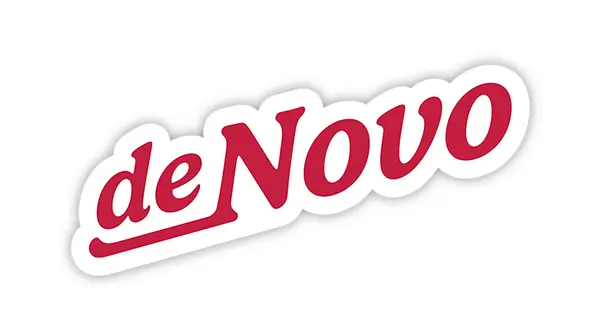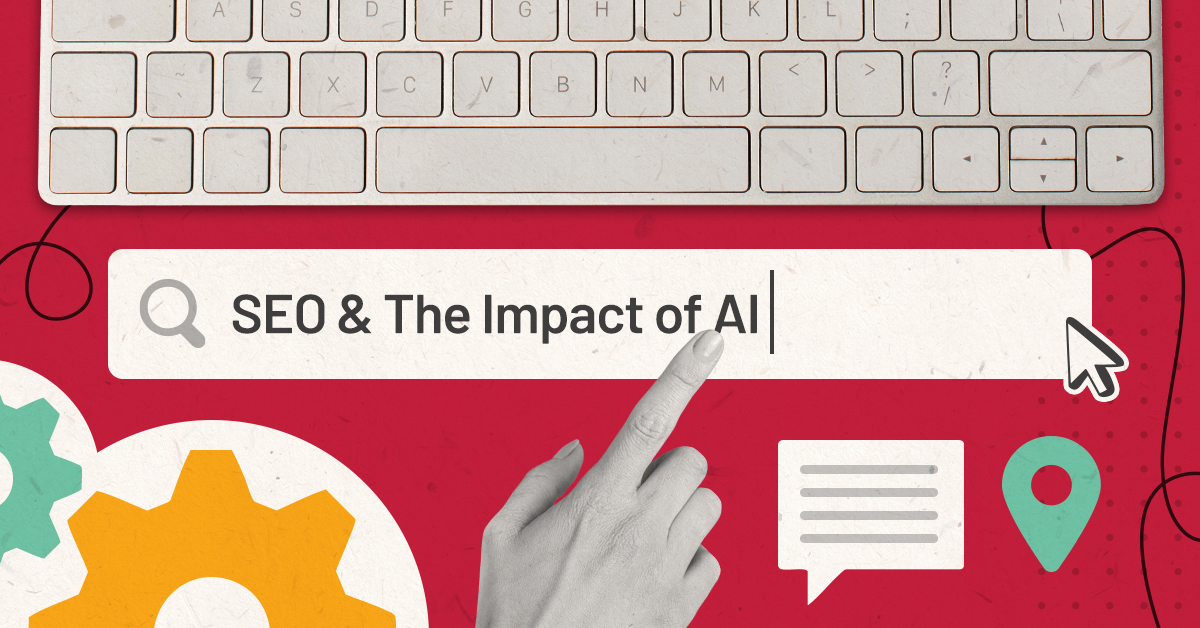If your business or organization has a website, you have to care about SEO. It can be a powerful driver of traffic to your site. But its role and impact have changed over the years, especially with the growth of AI. So, how do you win with SEO? Read on for the answers.
What is SEO?
Let’s start here. Search Engine Optimization is a mix of different tactics and strategies that optimize your website to show up in search results for specific keywords or search intents.
There are three main components of SEO: technical, on-page, and off-page.
Technical SEO ensures your site can be found by search engines and provides a good user experience.
On-Page SEO refers to the actual content on the site and the strategies employed to optimize for those specific keywords or intentions.
Off-Page SEO is any tactic that occurs off the site, including link building, business listings, and social media.
Accounting for all three components increases the chances your site appears when someone searches.
Do you have to create different SEO tactics for Google, Bing, or Yahoo?
Not really. At the technical level, you do need to ensure that your site is set up to allow “crawlers” from different search engines or AI platforms to access your site. Crawlers are automated programs that explore and index website content.
Web developers generally account for crawlers. However, when it comes to content, the strategy remains the same.
How has AI Impacted SEO? Does Google know that content is written by SEO? Do they even care?
We know that’s a lot to answer.
AI has caused some disruptions in SEO, particularly with Google’s AI Overview and users turning to generative AI platforms as alternatives to search engines.
The biggest adjustment in the last year came primarily from a shift in Google prioritizing forum content from sites like Reddit and Quora.
That’s made it harder for websites to achieve top-page rankings, and many sites have seen decreases in organic search traffic over the last few years.
As for AI-generated content:
Yes, Google cares.
- The shift to forum-based results shows a greater emphasis on user-generated content within search results.
- Google’s quality assessment framework, EEAT—which stands for Experience, Expertise, Authoritativeness, and Trustworthiness—puts more weight behind content that demonstrates first-hand experience with the topic and relevant expertise or skills by the author.
- Research has also shown that Google has been de-indexing sites with significant amounts of AI-generated content.
How has the AI Overview impacted search?
Google strives to make zero-click SEO the norm. They want users to stay on their site as much as possible by providing the answers or results users are searching for right on the search page.
It began with rich results: the featured snippets that used to live at the top of search results. Now it’s the AI Overview. The best thing you can do from an SEO perspective is continue utilizing the same tactics to appear in those rich results. It also means creating content that goes beyond what the AI Overview can provide. This is another example of where EEAT can make your messaging stand out.
What has changed over the years?
A lot.
The past year has produced a lingering question:
Is SEO dead?
The answer:
NO. Reports of SEO’s death have been wildly exaggerated over the years, including now. But here’s what is true:
Every time SEO has been pronounced down and out, it has instead signaled a change in how we approach its functionality.
The focus of SEO used to be primarily on specific, inflexible keywords; your content needed to match the exact phrases that users were searching.
Over the years, as technology advanced, this shifted to focus more on search intent and providing a good user experience. Now, more than ever, your SEO should be about providing unique, high-quality content that solves your ideal customers’ real, specific problems. That means writing like a human.
You want people to visit your site, find value, and stay. Think about how people are searching and asking questions, then curate your messaging to align. This requires a higher level of skill. Gone are the days of keyword stuffing and content replication.
Another way SEO has changed over the years involves the KPIs we use to measure success. The days of touting rankings and organic traffic alone are over. SEO should be used to further business goals by getting the right users to your site and focusing on quality over quantity.
Do you need to be concerned about different AI platforms? Are there differences in how ChatGPT, Gemini, and others produce results?
At this point, no. If you have allowed crawlers from each platform to access your site, they are essentially looking for the same thing: high quality content that meets a need or answers a question from your audience. We keep this quote in mind:
“Quality is content that cannot be replicated by AI. Quality is a strategy that cannot be easily replicated by your competitor. Quality is about creative thinking and effort.” -Shelley Walsh
The way the platforms produce or display results are different and constantly changing. Right now, ChatGPT uses predefined data while Gemini can draw data from the internet in real time. Gemini is better at delivering results for academic or scientific research; ChatGPT provides better results on less complex or more general topics with more concise answers.
It is important to note that many searches on these AI platforms currently do not result in site traffic. We’ve seen one or two sessions per month from ChatGPT on some of our sites, but it is not yet a huge traffic driver. However, with AI technology changing all the time, this could quickly shift.
The Takeaways
- Accounting for technical, on-page, and off-page SEO—along with prioritizing quality, human-written copy—will improve your SEO.
- Emphasize search intent over keyword quantity.
- Account for AI and use the EEAT framework to help you stand apart.


